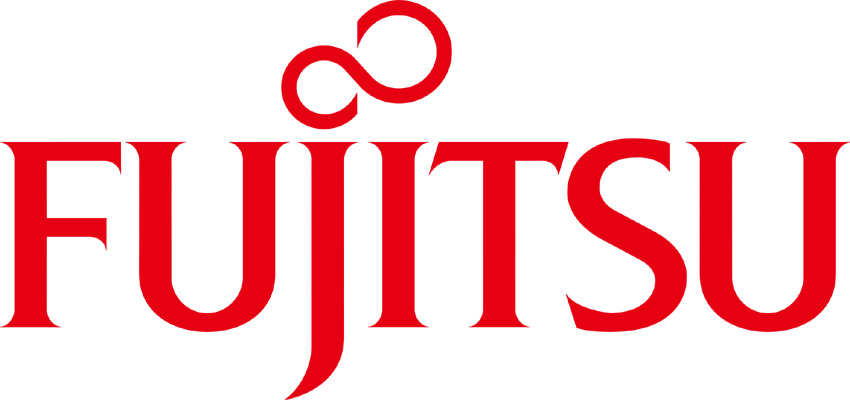
With Fujitsu ETERNUS, All-Flash Storage is Ready for Primetime

Fujitsu today changes the dynamics of primary storage in enterprise computing environments with the introduction of super-fast, all-flash storage systems. New ETERNUS AF all-flash models are Fujitsu’s fastest-ever storage systems, bringing all-flash technology within reach of everyday applications to underpin business transformation.
While processor and network speeds have kept pace with the demands of ever faster applications and continual data growth, traditional hard drive (HDD) storage technology has fallen behind. Fujitsu is addressing this with the new ETERNUS AF all-flash storage systems, using Solid State Drives (SSDs).
ETERNUS AF combines system reliability with the ultra-low response times that today’s enterprise applications demand–with SSDs operating up to 500 times faster than traditional disks–to deliver maximum performance for mixed workloads including databases, VDI, analytics, and big data. The new ETERNUS AF family makes flash storage more attractive than ever, thanks to competitive pricing and lower total cost of ownership for all-flash systems, which need less maintenance and are more reliable than HDD-based storage systems.
Michael Keegan, Head of Business Line Products at Fujitsu EMEIA, comments: “We’re bringing ultra-fast,all-flash storage to the mass market, at new price points for both purchase and operation that make the ETERNUS AF all-flash system an affordable, viable mainstream business solution. As the economics of all-flash storage become ever more attractive, we’re enabling customers to create faster, more responsive IT environments that are easily able to maximize the benefits of digital services and next generation data and applications accessed from anywhere.”
ETERNUS AF storage systems enable customers to transform their data centers with super-fast, easily expandable storage solutions that potentially deliver huge reductions in overheads. IT teams also benefit from significantly simplified operations: Automated Quality of Service features dramatically reduce administration and maintenance requirements, freeing up system engineers from repetitive, mundane tasks.
ETERNUS AF also ensures non-stop business operations, providing enterprises with greater peace of mind. Mirroring of business-critical data eliminates risk of data loss, while in the event of a system failure, the transparent failover feature instantly switches to a secondary system.Fujitsu has also ensured that traditional ETERNUS DX disk storage systems work seamlessly together with ETERNUS AF. As they venture in the world of all-flash systems, organizations can combine the two systems, leveraging the benefits of flash storage while continuing to extract value from existing data center infrastructure.
Customers choosing ETERNUS AF also benefit from cost-savings – firstly thanks to built-in data deduplication and compression technologies which ensure that the Fujitsu ETERNUS AF system automatically optimizes data volume, helping reduce SSD capacity requirements by an average factor of five. This is achieved through inline deduplication that identifies and discards duplicates, then compresses data by removing all redundant information. In addition, all-flash systems take up less space in a data center and consume less energy for power and cooling, in comparison to traditional disk arrays.
At launch, Fujitsu is offering two all-flash models. The top-of-the-range ETERNUS AF650 boasts up to 256GB maximum system memory and a maximum of 96 SSD drives, providing capacities of 368TB raw, 1843TB effective capacity.A second model, the ETERNUS AF250,offers64GB of system memory, upto 24 SSD drives and 92TB raw/ 460TB effective capacity. Calculations are based on an estimated data deduplication and compression ratio of 5:1.
Pricing and availability
FUJITSU Storage ETERNUS AF systems are available to order with immediate effect and Fujitsu expects the first shipments in late October. Pricing varies according to country and configuration.
